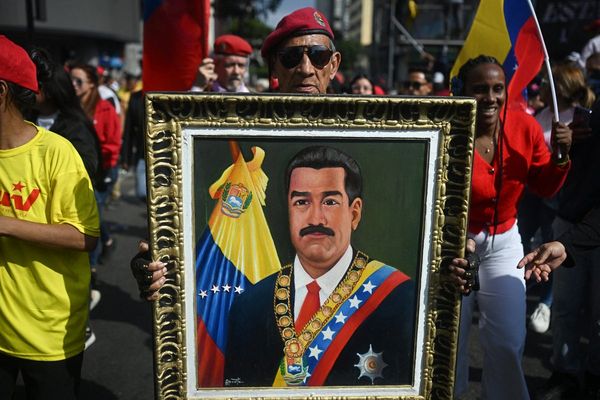The United States agreed to make “some changes” to its contentious peace proposal to end the war in Ukraine on Sunday, following crunch talks both parties appraised as a success.
US secretary of state Marco Rubio said that talks with Ukrainian diplomats in Geneva had been “the most productive and meaningful’ of the process, and that the US would make amendments to its plan, seemingly based on the Ukrainian input. The details were not immediately clear.
Talks in Geneva are ongoing as Donald Trump’s provisional deadline to agree to a deal by Thursday closes in.
The US president took a more dismissive tone earlier on Sunday, saying the war would never have happened under “strong and proper US and Ukrainian LEADERSHIP”.
He accused Kyiv of not expressing gratitude for American efforts to end the war, and hit out at Europe for buying oil from Russia.
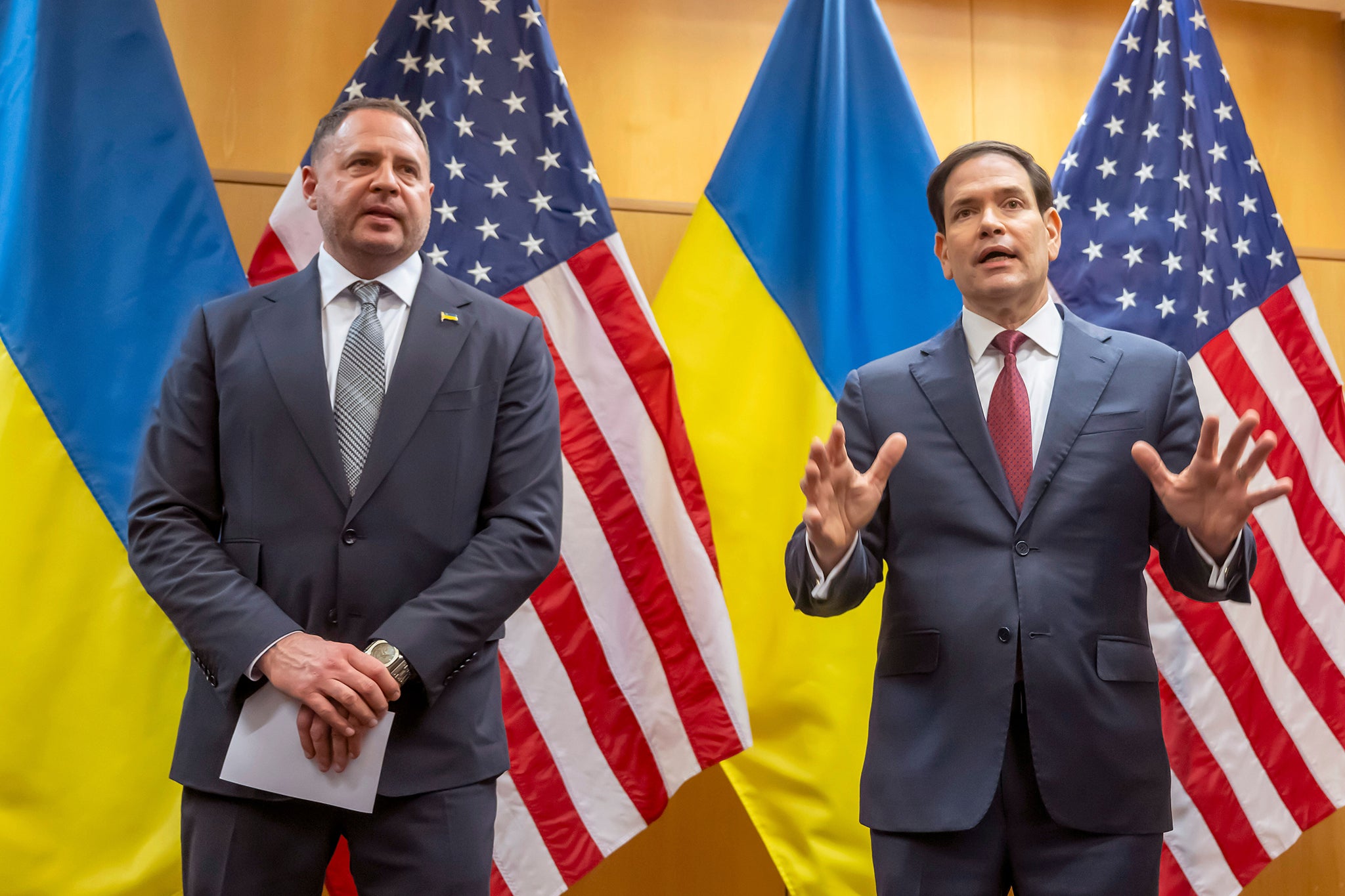
Andriy Yermak, head of the Ukrainian delegation in Switzerland, was at pains to thank Trump for his commitment to Kyiv during brief remarks to reporters, before he and Rubio returned to their talks.
Minutes later, Ukrainian president Volodymyr Zelensky reiterated his gratitude to the US and Europe for their support.
He stressed that the main goal for negotiations must be “to stop Russia’s war and prevent it from ever igniting again”.
In an earlier post, Zelensky also said that there was an understanding the US would factor in "a number of elements” important to Ukraine in any peace deal but did not elaborate.
Ukraine and Europe have been careful to push for a better deal for Ukraine without appearing obstinate to an increasingly mercurial Trump insistent on peace.
A counter proposal, drafted by Britain, France and Germany, emerged on Sunday as diplomats gathered in Geneva.
The European sketch of an armistice presents terms more favourable to Ukraine, including the concrete security guarantees that Kyiv has long said it needs to ensure lasting peace.
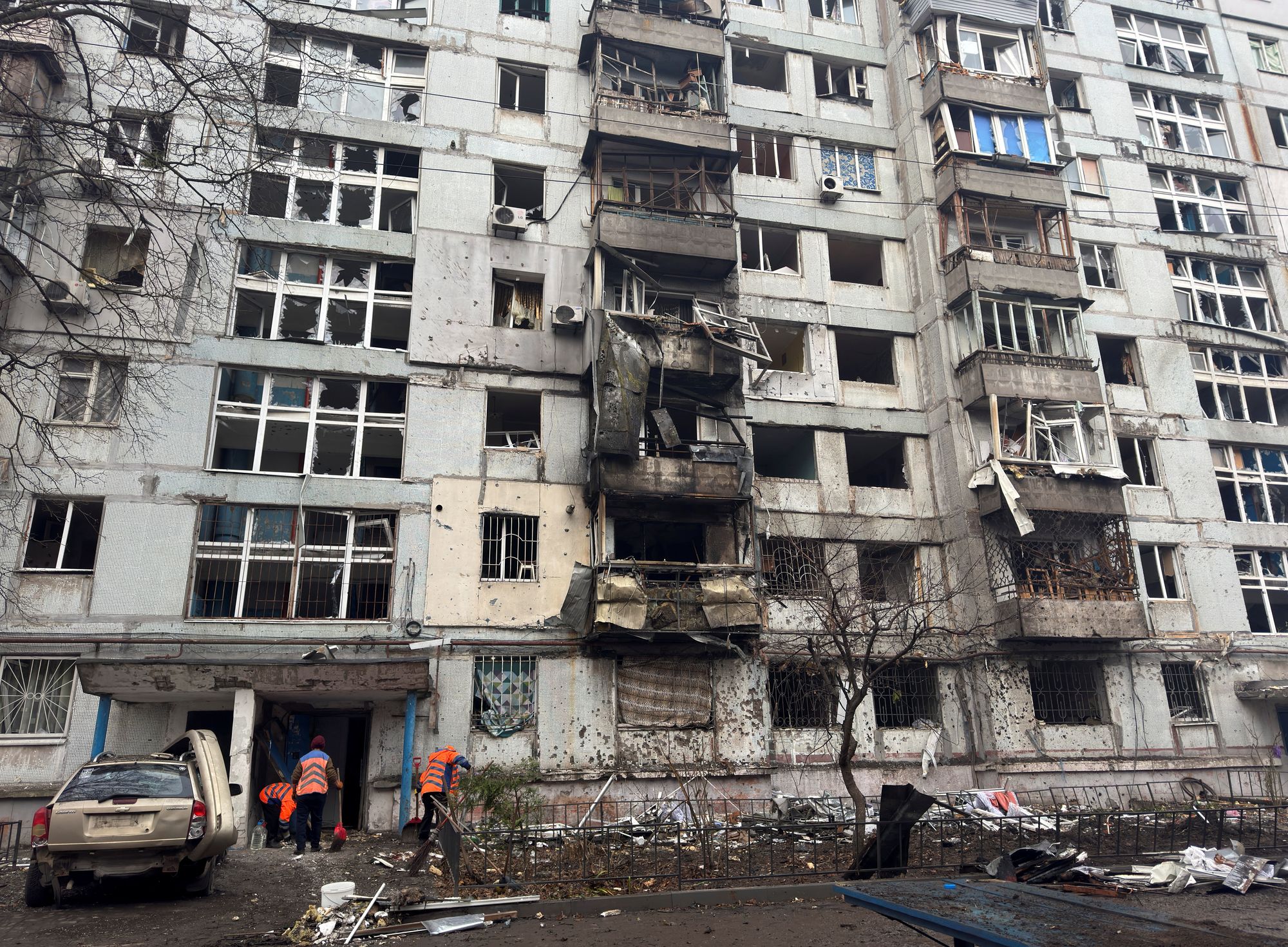
That proposal stipulates that while Nato would agree not to permanently station troops in Ukraine during peacetime, Ukraine could still join the military alliance, subject to all members agreeing.
The 28-point counter is structurally based on the original proposal, with a number of caveats and amendments to wording.
Ukraine’s standing military would be larger than that originally proposed, at up to 800,000 personnel from 600,000. Ukraine would also hold elections “as soon as possible” after the signing of the peace agreement, rather than in 100 days.
The basis for territory swaps is markedly different. The original US proposal would see Crimea, Luhansk and Donetsk recognised as de facto Russian, while Kherson and Zaporizhzhia would be frozen along existing battlelines.
The counter proposal says Ukraine should commit to not taking back “occupied sovereign territory” through military means. Negotiations on territory swaps would start from existing lines, it says.
Ukraine would also be compensated financially, including through frozen Russian sovereign assets.
European Commission President Ursula von der Leyen echoed on Sunday that Ukraine's borders cannot be changed by force, its army cannot be left vulnerable to attack and that the European Union must have a central role in a Ukraine peace deal.
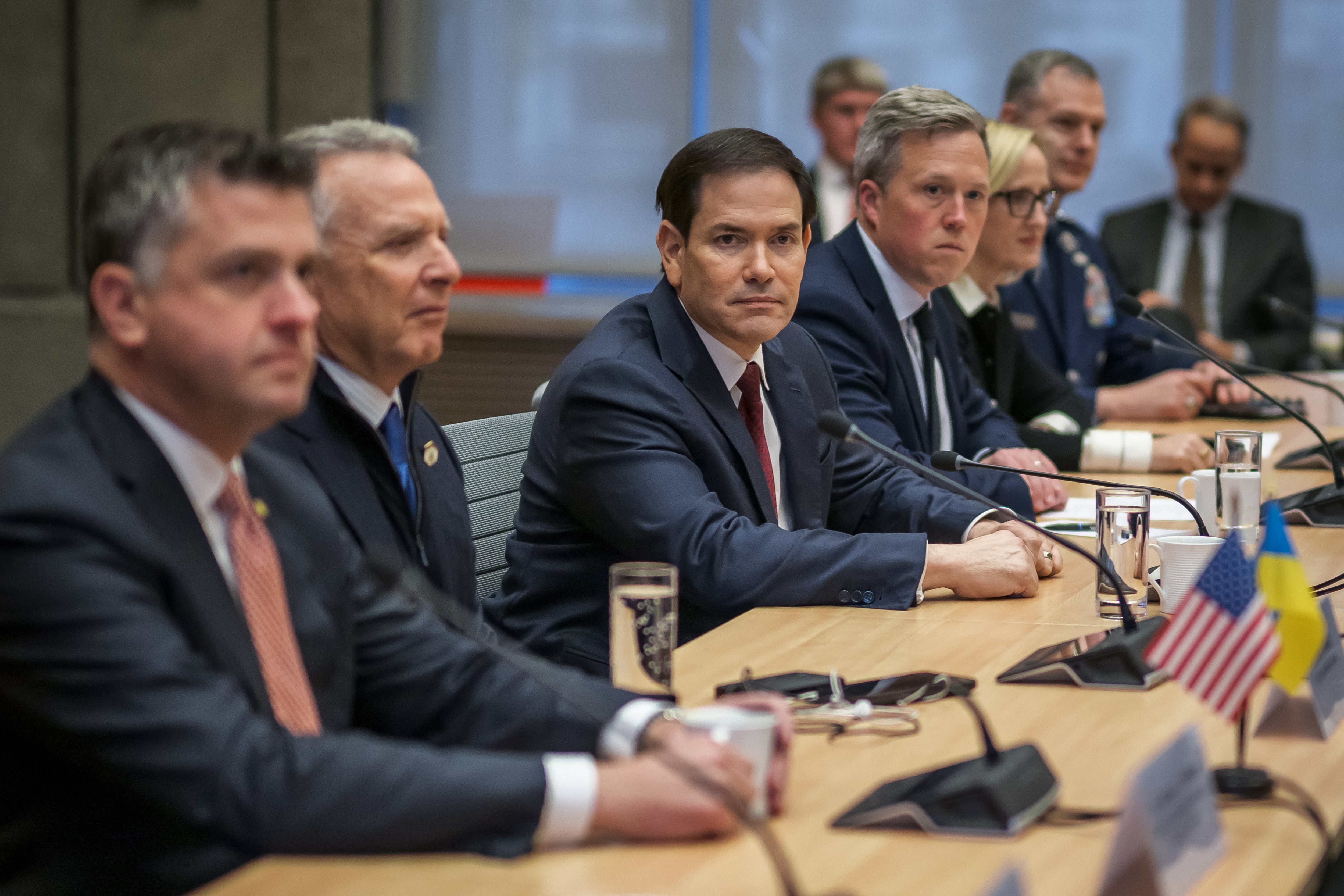
The original peace plan, aired earlier in the week, continues to face scrutiny over its origins and apparent concessions to hardline Russian demands.
The plan emerged only days after the US sanctioned Russian energy companies, as the Kremlin reiterated its maximalist designs on Ukraine, offering apparently no compromises.
Marco Rubio was forced to say the mediating Trump administration actually wrote the plan on Saturday after US lawmakers said it appeared to be a Russian initiative.
Senator Angus King said Rubio had told senators the plan was not the administration's position, but "essentially the wish-list of the Russians."
The plan concedes many Russian demands that Zelensky has categorically rejected on dozens of occasions, including giving up large pieces of territory.
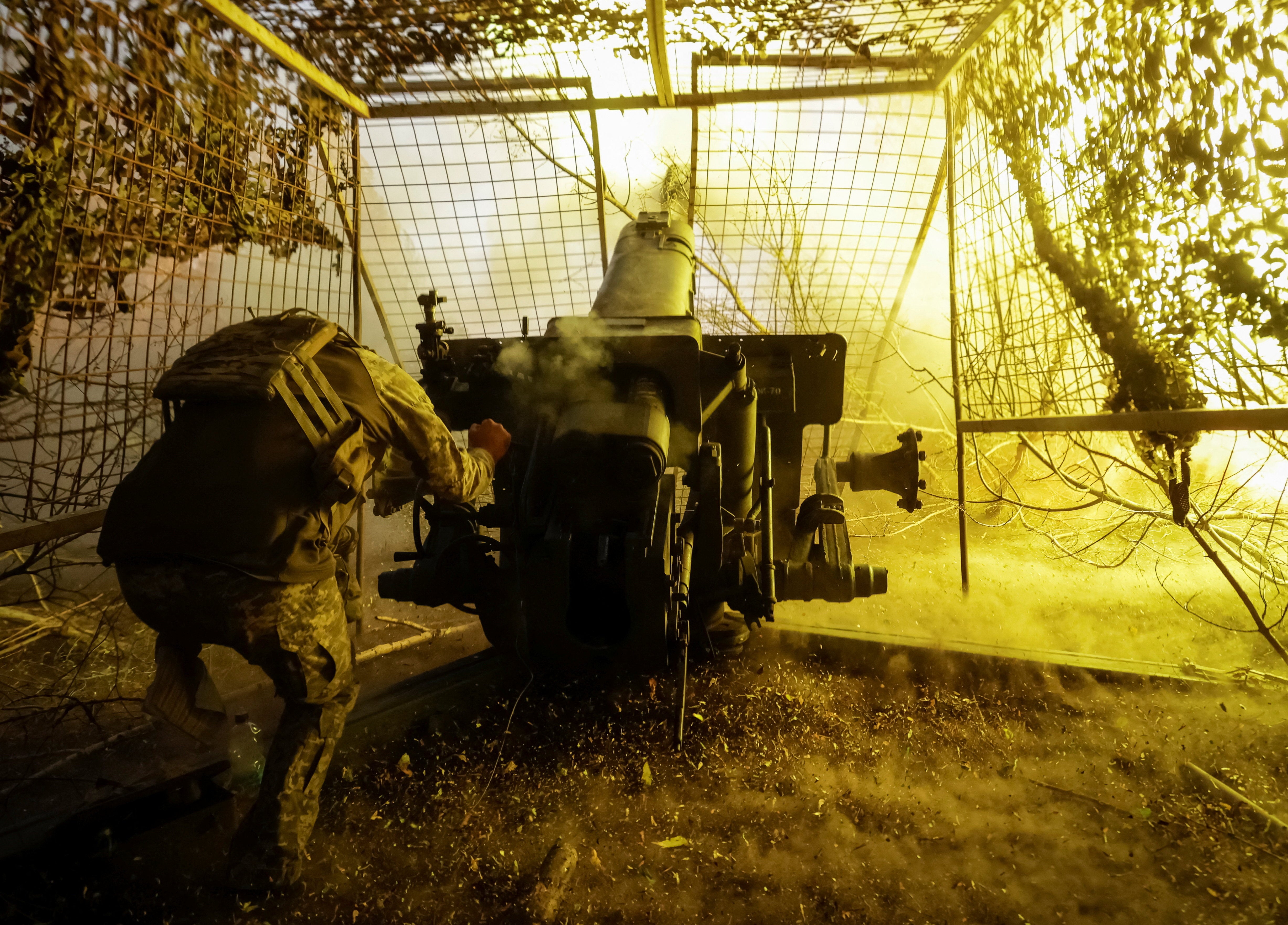
Sources say that US officials and lawmakers are increasingly concerned about a meeting in Miami last month between members of the Trump administration and sanctioned Russian envoy Kirill Dmitriev.
People familiar with the situation said the conversation produced the proposal calling for heavy concessions from Ukraine, taking US officials by surprise.
Rubio insisted that the plan was authored by the US, drawing on “input from the Russian side” but also considering “previous and ongoing input from Ukraine”.




